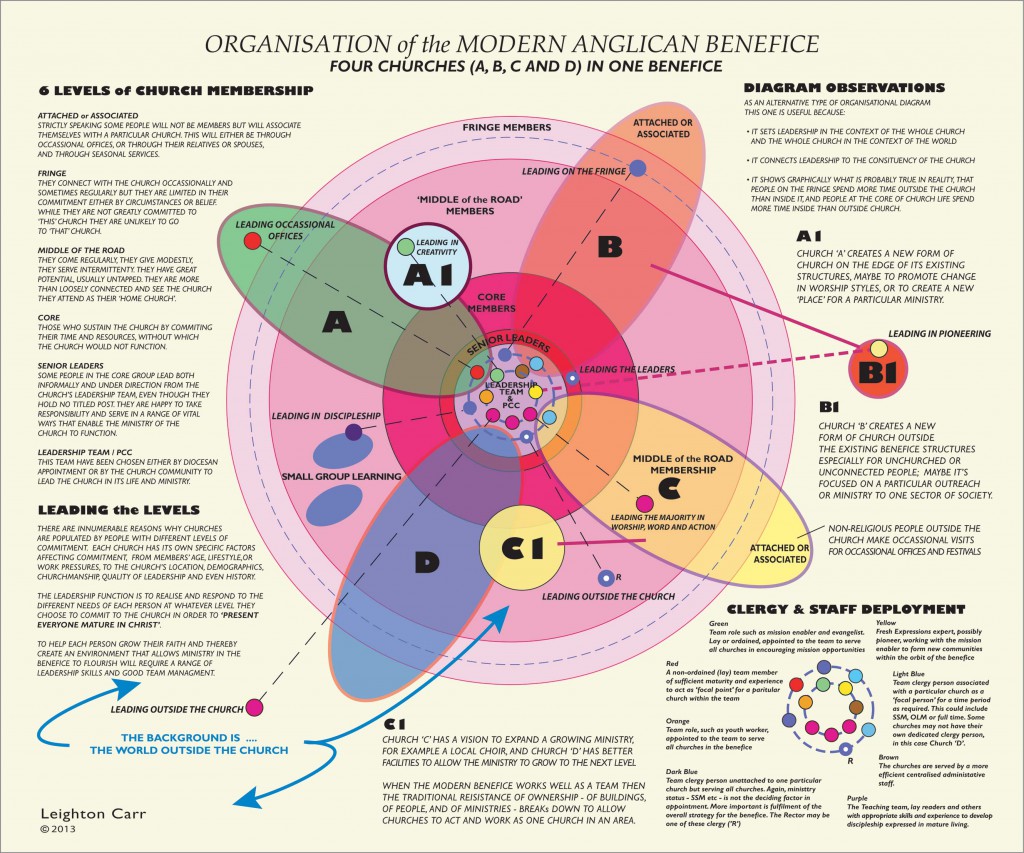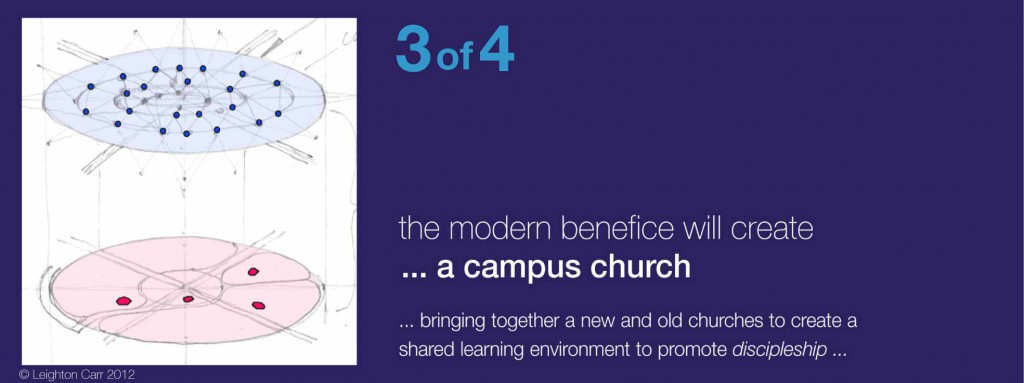The operation of much church leadership betrays a simplistic understanding of the inherent complexity of the interaction of the personal gifts of the leader. Nowhere is this more clear than in the use of language and the different effects that the same words from the same person can have on the same people.\r\n\r\nOn two occasions recently I noticed this problem and it gave me cause to stop and think about my own work.\r\n\r\nThe first was during a presentation on the nature of evangelism. Halfway through a perfectly reasonable explanation of some system or other I found myself wondering where the Gospel had gone? I understood the words being said but I didn’t see the connection between Jesus and his world. It’s not that the presentation was entirely wrong. The words were right and clear but at the same time wrong and obscure. I realised that the presentation helped me think as a leader but not as an evangelist or as a pastor.\r\n\r\nBeing alerted to my own discomfort in this situation I then came across an even more stark example in a private conversation about a sensitive topic. The other person used extreme and dramatic language to sustain their argument, to the point where my naturally middle-of-the-road preference in these situations was misread as careless and lukewarm.\r\n\r\nWhen challenged over this extreme use of language the other person argued that it was important to use hyperbole to motivate a congregation to action. It was about leadership.\r\n\r\nAnd there we were. Stuck on a fundamental difference over holistic ministry.\r\n\r\nIn most churches the ‘leader’ is actually also (and better called) the ‘pastor/teacher’, and hopefully this person ‘does the work of an evangelist’ as Paul encouraged Timothy to do. So that’s four roles in one person as a minimum.\r\n\r\nSo how does hyperbole used in the leader role work in other roles of teacher and pastor?\r\n\r\nBadly!\r\n\r\nThe teacher who uses extreme language to teach teaches without balance, and doesn’t help the process of learning, which after all is what teaching is about (most teachers in church wrongly measure their own quality by how well they perform their function rather than how well people receive and learn, but that’s a whole other subject).\r\n\r\nInstead, the teacher who uses extreme language teaches others to do the same – and there we have cults and sects of all sorts in the making.\r\n\r\nThe pastor who uses extreme language looses credibility as someone who is able to deeply listen and weigh up personal issues.\r\n\r\nInstead, the pastor who uses extreme language teaches his congregation that the language of extremes is the context in which personal relationships are enacted.\r\n\r\nSame person. Same words. Same hearers. Different outcomes.\r\n\r\nAnd it’s inevitable if the ‘Leader’ doesn’t think carefully about how one role impacts on another.\r\n\r\nAs ever, Eugene Peterson puts it much more eloquently:\r\n\r\n”descriptive language is about … and motivational language is for getting people to do things they wouldn’t on their own initiative… but personal language, to express, converse … is the language to and with; love is offered and received, ideas are developed, feelings are articulated, silences are honoured.\r\n
[This is] the language of children, as lovers, in prayer, as poets. And it is conspicuously absent when we are running a church.”



